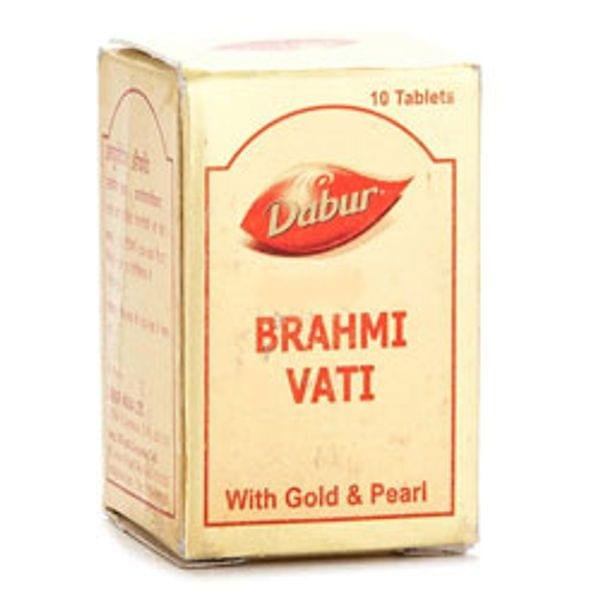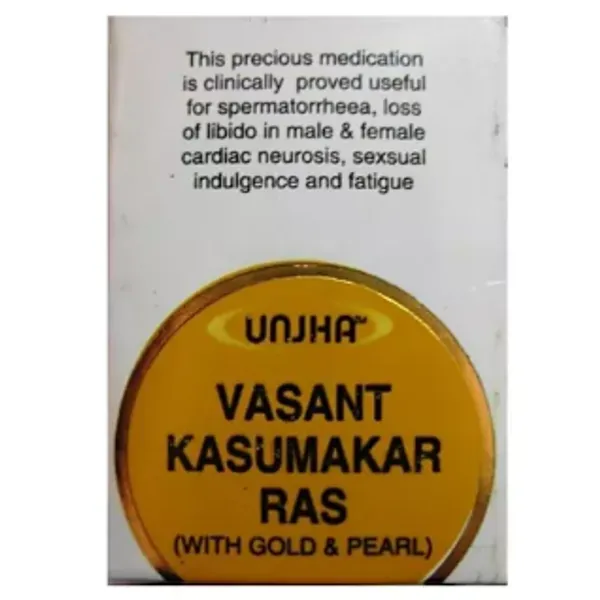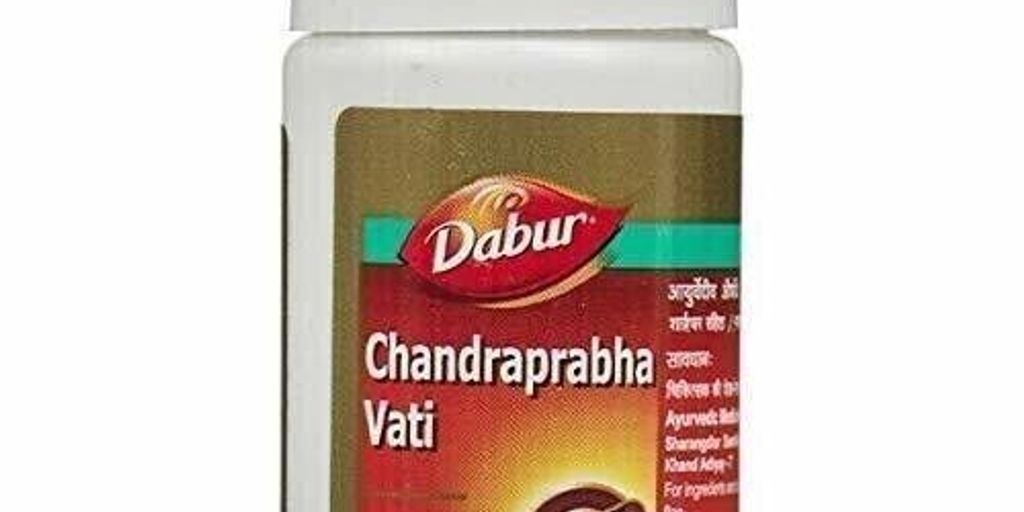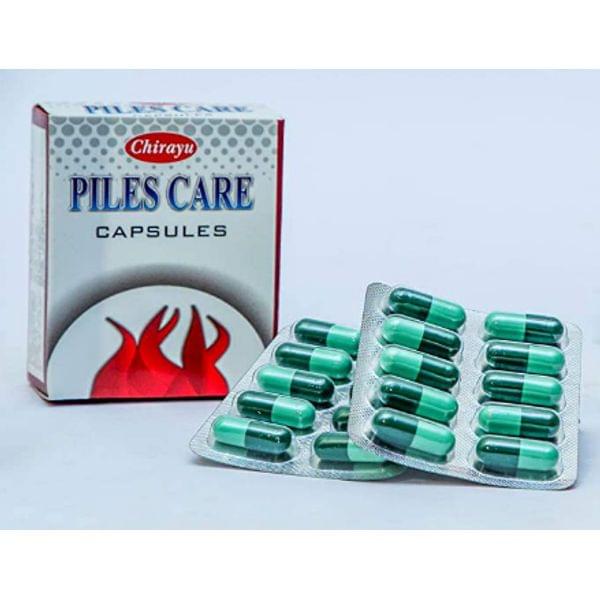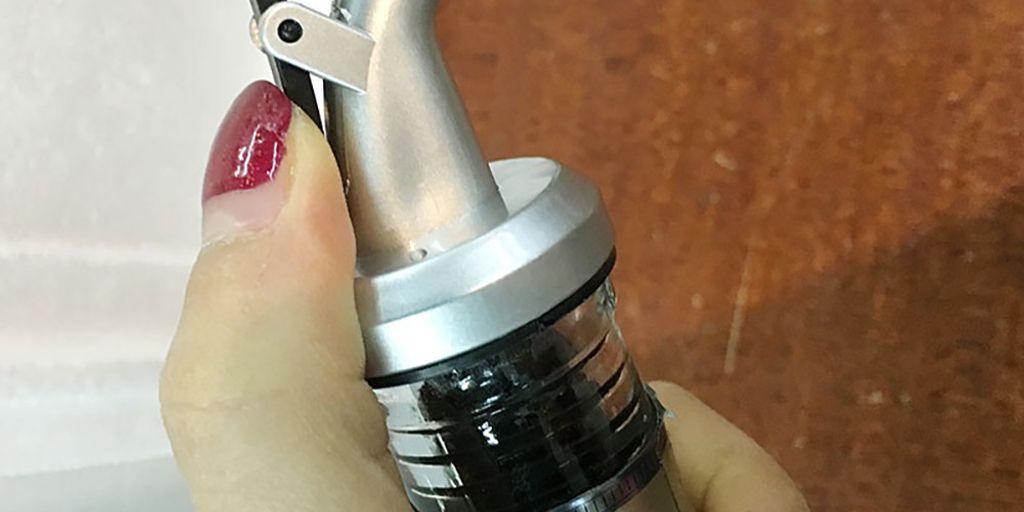Fatty liver is a common condition that can be caused by various factors such as unhealthy diet, obesity, and excessive alcohol consumption. In this article, we will explore the Ayurvedic approach to managing fatty liver, including remedies, dietary recommendations, and lifestyle changes. We will also discuss modern medical treatments and conclude with a summary of findings and recommendations for managing fatty liver.
Key Takeaways
- Maintaining a healthy weight through diet and exercise is crucial for managing fatty liver.
- Ayurvedic remedies such as herbs and lifestyle modifications can help improve liver function in cases of fatty liver.
- Reducing sugar and refined carbohydrates in the diet can support liver health and reduce the risk of fatty liver.
- Regular physical activity, including yoga and meditation, can have a positive impact on liver health in individuals with fatty liver.
- Consulting a healthcare professional is essential for an accurate diagnosis and personalized treatment plan for fatty liver.
Understanding Fatty Liver
Causes of Fatty Liver
Fatty liver can be caused by various factors, including obesity, high cholesterol, and type 2 diabetes. Other causes may include rapid weight loss, certain medications, and excessive alcohol consumption. Here’s a table summarizing the causes:
| Cause | Description |
|---|---|
| Obesity | Excess accumulation of fat in the body |
| High Cholesterol | Elevated levels of cholesterol in the blood |
| Type 2 Diabetes | Insulin resistance leading to high blood sugar levels |
Some individuals may also develop fatty liver due to genetic predisposition or certain medical conditions. It’s important to address these underlying causes to effectively manage fatty liver.
Symptoms of Fatty Liver
Fatty liver can present with a range of symptoms, including fatigue, abdominal pain, and jaundice. Additionally, individuals with fatty liver may experience an enlarged liver, which can be detected through a physical examination. It’s important to note that not everyone with fatty liver will exhibit symptoms. The following table highlights common symptoms of fatty liver:
| Symptom | Description |
|---|---|
| Fatigue | Persistent tiredness |
| Abdominal Pain | Discomfort in the abdomen |
| Jaundice | Yellowing of the skin |
- If you experience any of these symptoms, it is advisable to seek medical advice and undergo diagnostic tests to confirm the presence of fatty liver.
Diagnosis of Fatty Liver
Diagnosing fatty liver involves a combination of blood tests and imaging studies. The blood tests measure levels of liver enzymes and other markers, while imaging studies such as ultrasound or MRI can visualize the liver’s condition. Additionally, a detailed medical history and physical examination are important for accurate diagnosis. It’s important to note that fatty liver can often be asymptomatic, making diagnosis challenging.
Early detection and intervention are crucial in managing fatty liver. Here’s a table summarizing the diagnostic methods:
| Diagnostic Method | Description |
|---|---|
| Blood Tests | Measures liver enzymes and other markers |
| Imaging Studies | Ultrasound, MRI, or CT scans |
| Medical History | Detailed evaluation of patient’s history |
| Physical Examination | Assessment of patient’s physical condition |
Ayurvedic Approach to Fatty Liver
Ayurvedic Remedies
Ayurveda offers a holistic approach to treating fatty liver, focusing on balancing the body’s doshas and improving liver function. Herbal remedies such as Aloe Vera and Turmeric are commonly used to support liver health. Additionally, dietary recommendations emphasize a plant-based diet rich in fruits, vegetables, and whole grains. Lifestyle changes, including regular exercise and stress management, are also emphasized in Ayurvedic treatment. | Remedies | Description | | — | — | | Aloe Vera | Supports liver health | | Turmeric | Anti-inflammatory properties | > Ayurveda emphasizes the importance of maintaining a healthy lifestyle and nurturing the body’s natural healing abilities.
Dietary Recommendations
Following an Ayurvedic approach to managing fatty liver, dietary recommendations play a crucial role. The diet should primarily consist of fresh, whole foods such as fruits, vegetables, whole grains, and lean proteins. It is important to avoid processed and fried foods, as well as excessive consumption of sugary and fatty foods. Additionally, incorporating herbs and spices known for their liver-protective properties, such as turmeric and ginger, can be beneficial. A sample dietary plan is outlined in the table below.
| Day | Breakfast | Lunch | Dinner |
|---|---|---|---|
| Monday | Oatmeal with fruits | Quinoa salad with tofu | Grilled fish with veggies |
| Tuesday | Smoothie | Lentil soup | Stir-fried vegetables with rice |
| Wednesday | Whole grain toast with avocado | Chickpea curry | Baked chicken with sweet potatoes |
It is recommended to consume meals mindfully, chewing food thoroughly and avoiding overeating. Eating in a calm and relaxed environment can aid in digestion and absorption of nutrients.
Remember, a balanced and nutrient-rich diet is essential for supporting liver health and overall well-being.
Lifestyle Changes
In addition to Ayurvedic remedies and dietary recommendations, making lifestyle changes is crucial in managing fatty liver. This includes regular exercise, stress management, and avoiding alcohol consumption. A balanced and mindful approach to daily activities can greatly impact the progression of fatty liver. Here’s a brief table summarizing the recommended lifestyle changes:
| Lifestyle Changes |
|---|
| Regular exercise |
| Stress management |
| Avoiding alcohol |
It is important to note that these lifestyle changes should be implemented gradually and consistently to achieve the best results.
Modern Medicine for Fatty Liver
Medical Treatments
Modern medicine offers a range of medical treatments for fatty liver, including lifestyle interventions, weight management, and controlling underlying conditions. Medication may also be prescribed to manage symptoms and improve liver function. In some cases, surgical options such as liver transplant may be considered.
It’s important to consult with a healthcare professional to determine the most suitable treatment plan.
Here’s a table outlining the common medical treatments:
| Treatment Type | Description |
|---|---|
| Lifestyle Interventions | Dietary and exercise recommendations |
| Medication | Prescribed drugs to manage symptoms |
| Surgical Options | Liver transplant or other surgical procedures |
Medication
Modern medicine offers several medications for the treatment of fatty liver. These medications are designed to address specific symptoms and underlying causes of the condition. It’s important to consult with a healthcare professional before starting any medication regimen.*
Surgical Options
In addition to medical treatments and medication, surgical options may be considered for advanced cases of fatty liver. The most common surgical procedure for fatty liver is a liver transplant. This involves replacing the diseased liver with a healthy liver from a donor. Patients undergoing liver transplant surgery require long-term care and monitoring to ensure the success of the procedure.
It’s important to note that not all fatty liver cases require surgical intervention. A thorough evaluation by a healthcare professional is essential to determine the most suitable treatment approach.
| Surgical Options | Description |
|---|---|
| Liver Transplant | Replacement of diseased liver with a healthy donor liver |
Conclusion
Summary of Findings
After conducting a comprehensive analysis of both Ayurvedic and modern medical approaches to fatty liver, it is evident that a combination of dietary modifications and lifestyle changes plays a crucial role in managing this condition. The table below summarizes the key recommendations for addressing fatty liver through Ayurvedic and modern medicine.
Recommendations
Recommendations for managing fatty liver include adopting a healthy diet rich in fruits, vegetables, and whole grains, and avoiding processed foods and sugary beverages. Regular exercise and stress management are also crucial. Additionally, consulting with a healthcare professional for personalized advice is important.
It’s important to prioritize lifestyle changes and holistic approaches to address fatty liver. Here’s a table summarizing the key recommendations:
| Recommendation | Details |
|---|---|
| Healthy Diet | Fruits, vegetables, whole grains |
| Exercise | Regular physical activity |
| Stress Management | Mindfulness, relaxation techniques |
Future Outlook
The future outlook for fatty liver research and treatment is promising. As Ayurvedic medicine gains more recognition, there is a growing interest in exploring its potential in managing fatty liver. Research studies are underway to assess the efficacy of Ayurvedic remedies and lifestyle changes in treating fatty liver. Additionally, the integration of modern medical approaches with traditional Ayurvedic practices shows potential for more comprehensive treatment strategies. The collaboration between Ayurveda and modern medicine could lead to innovative and effective solutions for fatty liver.
Current Research Areas
| Research Area | Description |
|---|---|
| Ayurvedic Remedies | Investigating the effectiveness of Ayurvedic herbs and formulations in reducing liver fat. |
| Lifestyle Modifications | Studying the impact of lifestyle changes, including diet and exercise, on fatty liver reversal. |
| Integrative Medicine | Exploring the synergistic effects of combining Ayurvedic and modern medical interventions. |
The ongoing research in these areas holds promise for advancing the understanding and treatment of fatty liver, offering hope for improved outcomes and better quality of life for individuals affected by this condition.
Fatty Liver: Ayurvedic Medicine and Lifestyle Changes
What is fatty liver and what causes it?
Fatty liver is a condition characterized by the accumulation of fat in the liver. It can be caused by excessive alcohol consumption, obesity, high cholesterol, and other factors.
What are the symptoms of fatty liver?
Symptoms of fatty liver may include fatigue, weakness, abdominal pain, and jaundice. However, some people with fatty liver may have no symptoms at all.
How is fatty liver diagnosed?
Fatty liver is diagnosed through blood tests, imaging tests such as ultrasound or MRI, and sometimes a liver biopsy.
What are some Ayurvedic remedies for fatty liver?
Ayurvedic remedies for fatty liver may include herbs like kutki, punarnava, and triphala, as well as lifestyle modifications and detoxification therapies.
What dietary recommendations are beneficial for fatty liver?
A balanced diet with plenty of fruits, vegetables, whole grains, and lean proteins is recommended for fatty liver. Avoiding processed foods, saturated fats, and excessive sugar is also important.
What lifestyle changes can help manage fatty liver?
Lifestyle changes such as regular exercise, stress management, adequate sleep, and avoiding alcohol and tobacco can help improve fatty liver.





